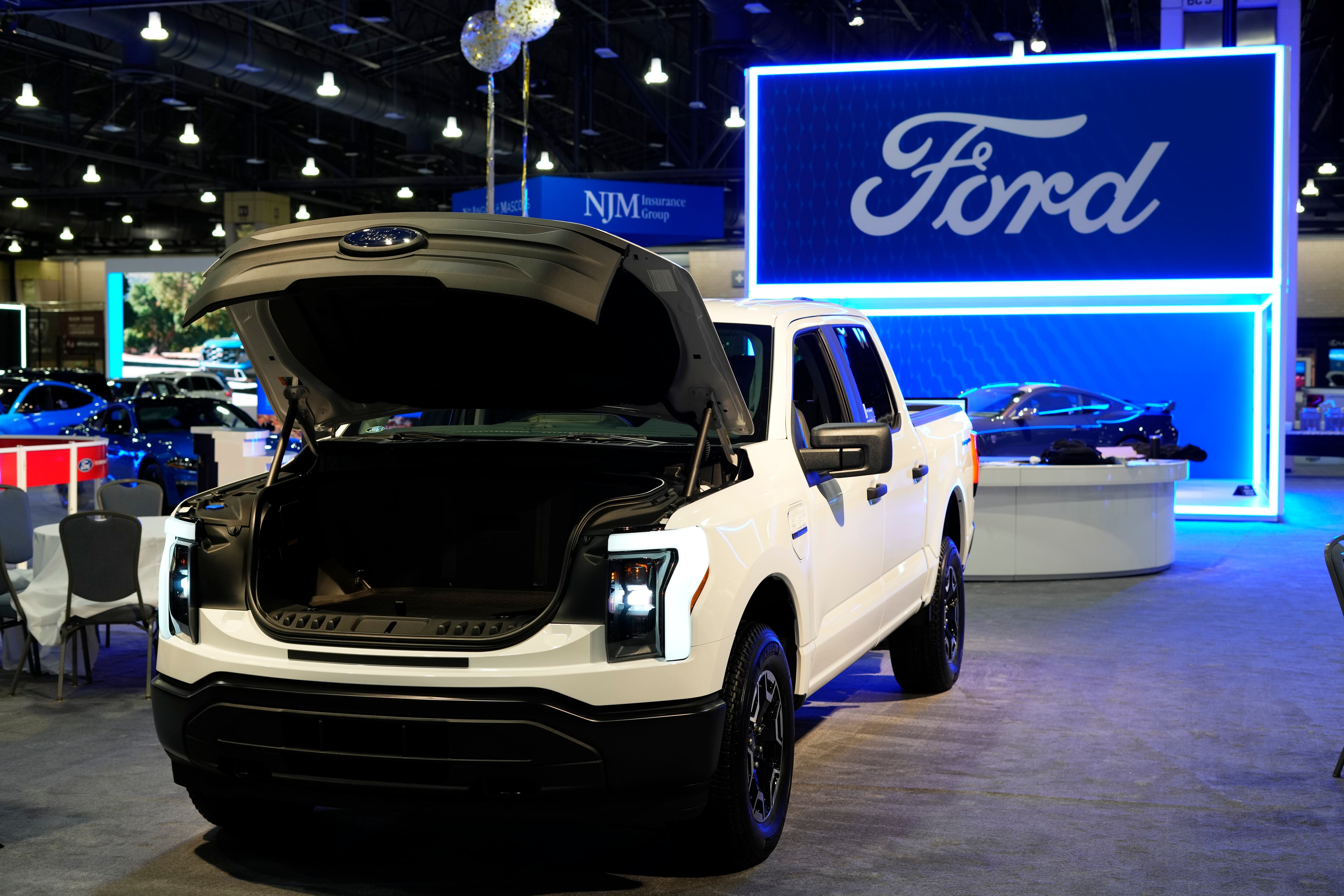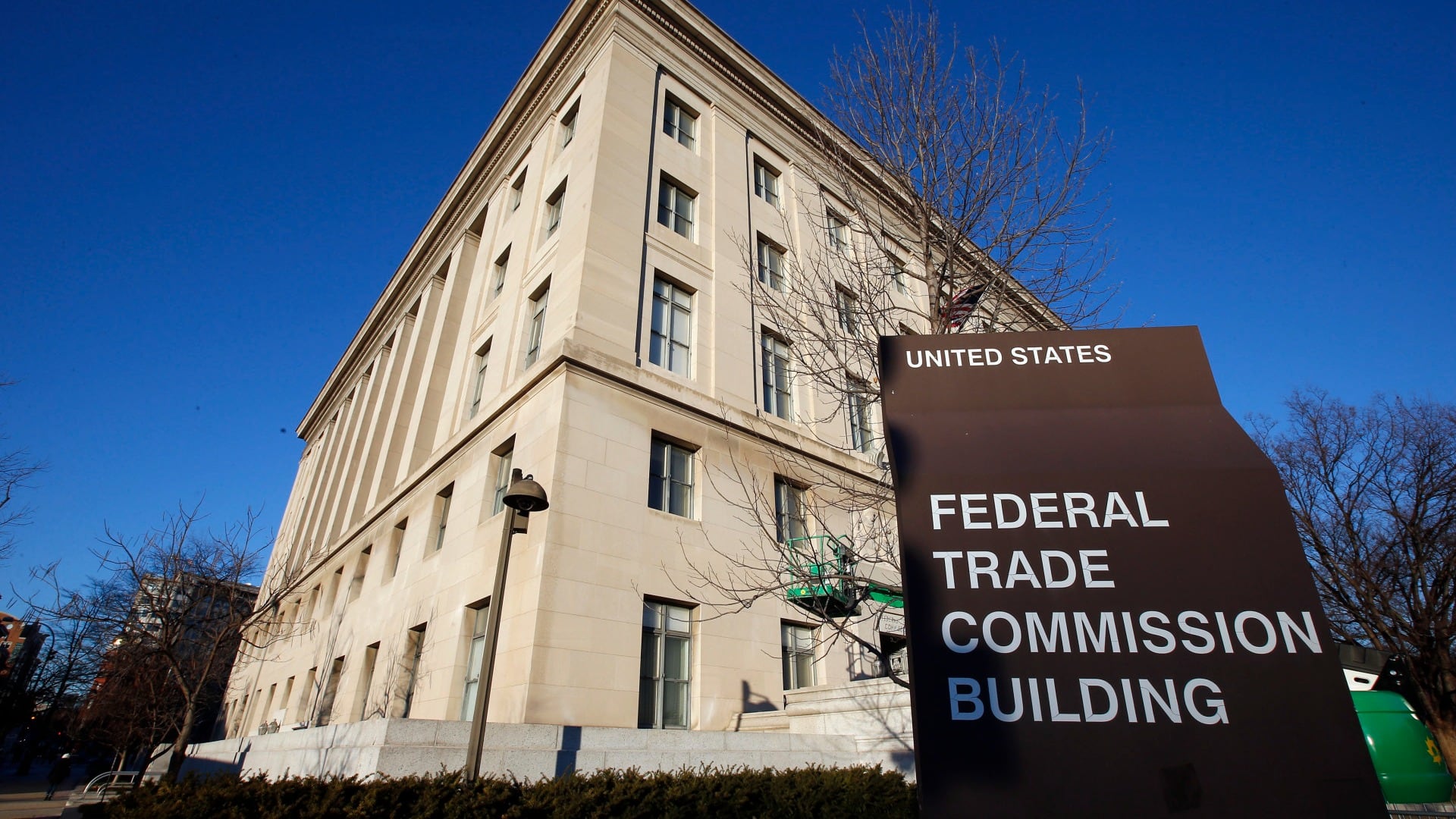*By Carlo Versano and Alex Heath* Microsoft will continue to provide technology to U.S. agencies and the military, despite the objections raised by employees over how the products are being used, specifically with regard to immigration and border control. Speaking to Cheddar's Alex Heath from the 2018 Web Summit in Lisbon, Portugal, Microsoft ($MSFT) President Brad Smith said: "When it comes to providing technology to protect the country, we stand on the side of protecting the country." He noted that Microsoft has not always supported the federal government and its deployment of technology, and the company has sued multiple times over surveillance and immigration issues. "We will be proactive in using our voice," he said. "We think we'll be more persuasive if we're engaged than if we withdraw." Microsoft is currently pursuing a $10 billion contract to provide cloud technology for the Pentagon, a move that has been petitioned against by some Microsoft employees. Google recently withdrew its bid from the project due, in part, to employee backlash among its own ranks about how the search giant engages with the military. Smith said that while he doesn't think technology should become a partisan issue, new cutting-edge applications in facial recognition, autonomous weapons, and other uses of artificial intelligence are desperate for regulation at the federal level. "If you look at every technology, it's used for good and, unfortunately, it's used for evil," he said. "This will be true of A.I. almost by definition." He advocates for the need, both in Washington and Silicon Valley, to weigh the unintended consequences of tech that could significantly change everything from warfare to surveillance. Speaking a day after the midterm elections, Smith hypothesized that some of the deep divisions in the American electorate stem from the rapid advancement of technology ー in all areas of life ー and how it contributes voters' economic anxiety, despite a booming job market and rising wages. Rising populism across the globe can be traced to worries about how tech is changing our ways of life, he said. "People are uncertain about their futures." On China, where all big tech companies find themselves wrestling with fundamental questions about how ー or even whether ー to do business in that huge market, Smith said Microsoft is making decisions about trade, customers, and data with an eye on how the country might use its products and services to suppress human rights. "Let's define a vision for this century that builds a healthy relationship between the U.S. and China," he said. "We have to find a positive path forward." For the full interview with Microsoft President Brad Smith, [click here](https://cheddar.com/videos/microsoft-president-brad-smith-were-in-an-age-of-anxiety-for-tech).












